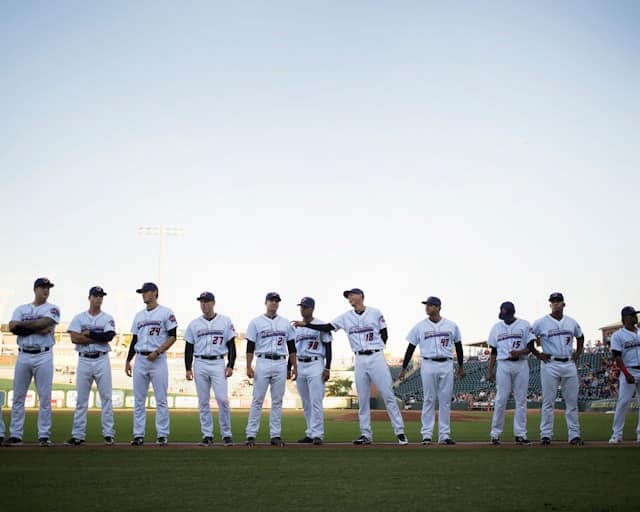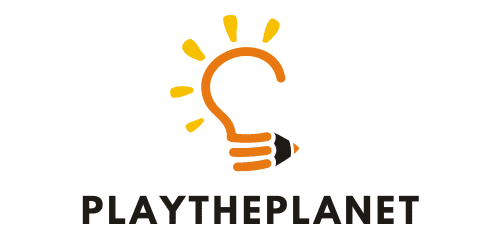How do sports leagues address the issue of match-fixing and corruption?

In the world of sports, where competition and fair play are held at the highest esteem, the issues of match-fixing and corruption cast a long, disheartening shadow. These nefarious activities compromise the integrity of the sport and create an environment that is not only hostile but also dampens the spirits of athletes and fans alike. Whether it’s a local tournament or an international event, these issues are widespread and often overlooked. So, what are sports leagues doing to combat these problems? This article aims to shed light on the approaches taken by sports bodies to tackle these issues head-on.
Understanding the Problem
Before we delve into how sports leagues are addressing these issues, it’s essential to understand what these problems are, and why they pose such a significant threat to the sporting industry.
A lire aussi : How can sports organizations promote inclusivity for athletes with diverse abilities?
Match-fixing refers to the unsanctioned manipulation of sporting events to achieve a pre-determined outcome. This manipulation is often the result of corruption or criminal influence, usually tied to betting or gambling. Corruption within sports can take many forms, from bribing officials and players to leveraging power for personal gains.
These issues are not just moral and ethical dilemmas. They are considered serious crimes under international law. If left unchecked, they can erode the very fabric of sports, turning what should be a celebration of athleticism and competition into a playground for criminals.
Cela peut vous intéresser : Experience the thrill of outdoor shooting with briliantz!
Legal Approach to Address the Issue
One of the most effective ways that sports bodies are combating these issues is through the law. Many sports leagues now have stringent laws and regulations in place to deter match-fixing and corruption. Offenders can face severe penalties, ranging from lengthy bans to hefty fines and even jail time.
These laws often extend beyond just the players involved. Coaches, officials, and even team owners can be held accountable for their actions. This legal approach serves as a strong deterrent to those who might be tempted to engage in such activities.
Furthermore, international sports bodies like the International Olympic Committee and FIFA work closely with law enforcement agencies worldwide to investigate and prosecute cases of match-fixing and corruption. These collaborations have led to significant legal victories against those involved in these crimes.
Educating the Stakeholders
Education plays a crucial role in the fight against match-fixing and corruption in sports. Many sports leagues have initiated programs aimed at educating players, officials, and coaches about the consequences of these criminal activities.
These programs seek to inform stakeholders about the legal repercussions of match-fixing and corruption. They also aim to teach them how to recognize and report any suspicious activities. By increasing awareness, sports bodies hope to nip any potential misdeeds in the bud.
Implementing Integrity Units
Another approach taken by sports bodies is the implementation of integrity units within their organizations. These units are dedicated to maintaining the highest level of integrity in the sport. They do this by monitoring matches, investigating irregularities, and enforcing the laws and regulations related to match-fixing and corruption.
Integrity units are typically composed of experts in law enforcement, legal affairs, and sports administration. They work in close collaboration with other stakeholders, such as law enforcement agencies and betting companies, to identify and investigate potential instances of match-fixing or corruption.
Collaborations with Betting Companies
In the fight against match-fixing, sports leagues are also collaborating closely with betting companies. Given that a lot of match-fixing scandals are tied to illegal betting, it’s a logical and practical approach.
Betting companies have a vested interest in maintaining the integrity of the sports they offer odds on. As such, many are more than willing to share information and cooperate with sports bodies and law enforcement to tackle this problem.
These collaborations often involve sharing betting data, which can be critical in identifying suspicious betting patterns indicative of match-fixing. By working together, sports bodies and betting companies can more effectively combat this issue and help keep sports clean and fair.
In conclusion, while match-fixing and corruption pose significant threats to the world of sports, sports leagues are not standing idly by. Through a mix of legal measures, education, integrity units, and collaborations with betting companies, they are taking proactive steps to address these issues. It’s a challenging fight, but one that is essential in preserving the integrity and spirit of sports.
The Role of International Agreements and Conventions
To ensure a more global and comprehensive response to the issue of match-fixing and corruption in sports, international agreements and conventions are playing a crucial role. Among them, the Council of Europe Convention on the Manipulation of Sports Competitions, also known as the Macolin Convention, has been instrumental in setting up a cooperative framework to combat sports corruption.
The Macolin Convention is a significant milestone in the response to match manipulation. It provides the first legal tool aimed at eliminating match-fixing, focusing on areas such as sports betting, good governance, anti-doping measures, and criminal law. The Convention has already been signed by several nations, signaling a strong international commitment to combat the scourge of match manipulation.
The Convention creates a platform for international cooperation, assisting countries in implementing effective measures against sports corruption. It emphasizes the importance of information sharing between different stakeholders, including sports leagues, betting companies, and law enforcement agencies.
Additionally, the Council of Europe has established a network called the "Group of Copenhagen". It’s a global network of national platforms tasked with the fight against the manipulation of sports competitions. This initiative facilitates international cooperation, information sharing, and joint investigation efforts.
A Technological Approach: Use of Monitoring Systems and Anti-Doping Tests
Technological advancements have proven to be a powerful tool against match-fixing and corruption in sport. One such advancement is the use of monitoring systems to detect unusual betting patterns, a common indicator of match manipulation.
Many sports leagues are working closely with third-party companies that specialize in detecting suspicious betting activity. These companies use sophisticated algorithms to analyze betting data in real-time, helping to identify potential cases of match-fixing. By working in tandem with these companies, sports leagues can take swift action against the suspected parties.
Additionally, improving the efficiency of anti-doping tests is another critical aspect. The use of advanced testing methods, coupled with stricter enforcement of anti-doping regulations, has helped to deter athletes from using performance-enhancing substances. A robust anti-doping program sends a clear message about the league’s commitment to fair play and integrity, further discouraging any form of corruption.
Conclusion: A Continual Battle for Integrity
Despite the steps taken by sports leagues to combat match-fixing and corruption, it remains a persistent issue. However, it’s clear that the fight is far from over. Sports leagues are continually exploring new ways to tackle these problems, whether it’s through stricter laws, educating stakeholders, implementing integrity units, cooperating with betting companies, embracing international agreements, or leveraging technology.
The battle against match-fixing and corruption in sports is a long one, demanding persistence, collaboration, and a shared commitment to upholding the principles of integrity and fair play. As fans, it’s our responsibility, too, to support these efforts, not just by enjoying the sport but also by understanding the threats against its integrity and standing against them.
While the road ahead may be fraught with challenges, the world of sports has shown resilience and determination in the face of adversity before, and there is no doubt it will continue to do so. After all, at its core, sport is about fair competition and the pursuit of excellence, values that resonate deeply with fans around the world. These values are worth fighting for, and they give us hope that the future of sports is bright, unmarred by the shadows of match-fixing and corruption.
